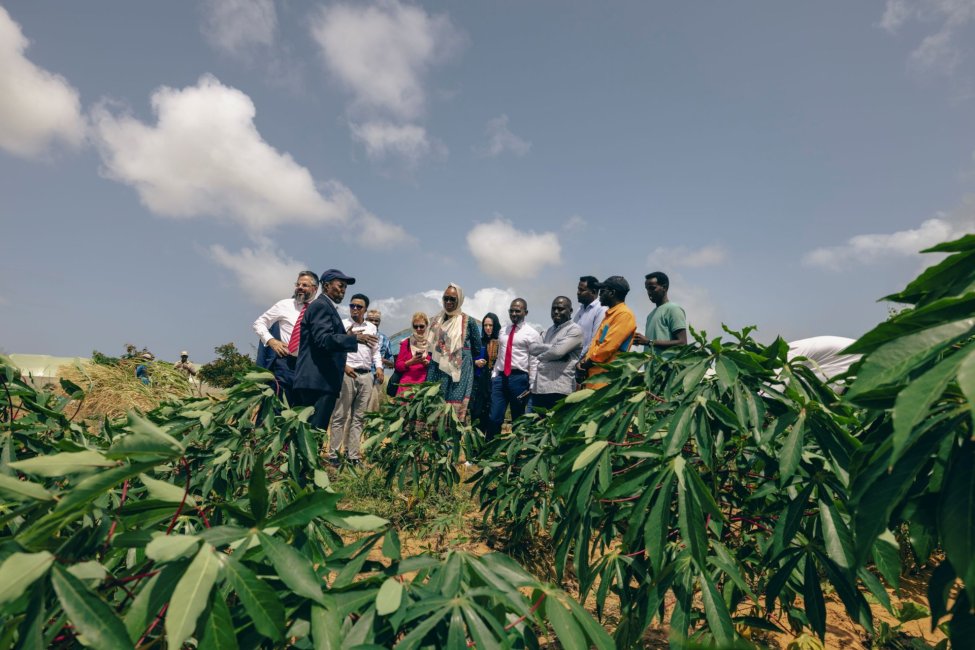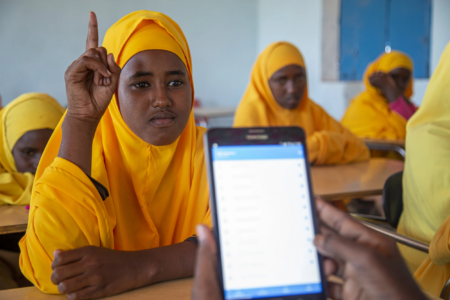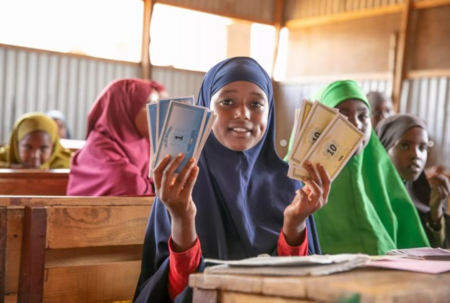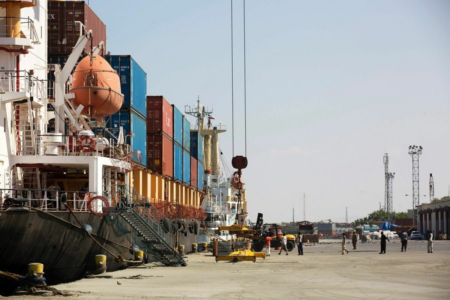The International Organization for Migration (IOM) has issued a stark warning on the escalating climate crisis and its devastating impact on displacement in Somalia.
Concluding a four-day mission across the country, IOM Deputy Director General (DDG) Ugochi Daniels called for urgent international support to address one of the most pressing humanitarian challenges in the Horn of Africa.
Somalia Faces Intensifying Climate and Displacement Challenges
Somalia is witnessing some of the harshest consequences of global climate change, including prolonged droughts, recurrent floods, and resource-based conflicts.
These factors have displaced over 3.6 million people and left nearly half the population affected by climate-related disasters.
“Somalis are bearing the brunt of a crisis they did not cause,” said DDG Daniels, highlighting that the country contributes minimally to global carbon emissions.
Yet, its communities are among the world’s most vulnerable to climate shocks.
Groundbreaking Local Solutions in the Face of Crisis
From Mogadishu to Bossaso, DDG Daniels met with government officials, community leaders, women’s groups, and IOM field teams to understand how Somali communities are responding to the multi-layered crisis.
She emphasized the power of local innovation and resilience in addressing climate and conflict-related displacement.
“Somalia is not just a place of need — it’s a source of solutions,” Daniels stated.
“Communities here are implementing homegrown, climate-smart strategies that build both resilience and peace.”
International Organization for Migration Climate Resilience Strategy
International Organization for Migration in Somalia has adopted a comprehensive climate action strategy that integrates emergency response with long-term development.
Key initiatives include:
- Strengthening early warning systems and disaster preparedness
- Promoting climate-resilient infrastructure and basic services
- Supporting sustainable livelihoods and land restoration
- Encouraging community-led governance in displacement camps
- Facilitating environmental peacebuilding to reduce local tensions
Daniels underscored how climate change is reshaping migration patterns across the Horn of Africa. “What’s happening in Somalia reflects broader regional trends.
Environmental degradation and economic stress are major drivers of mobility, and regional cooperation is vital,” she said.

Empowering Somali Communities Through Co-Funding
A highlight of the visit was the International Organization for Migration Co-Funding System, an initiative that enables local communities to co-invest in their own development.
In 2024 alone, communities contributed over USD 500,000 toward initiatives like solar energy, clean water, and small-scale agriculture.
The International Organization for Migration matched these investments with over USD 2 million, creating a scalable model for community empowerment.
Women are central to this progress: More than 50% of water governance committees supported by IOM now include female leadership, underlining the pivotal role women play in building climate resilience.
A Call for Increased International Climate Financing
Throughout her mission, DDG Daniels emphasized the urgent need for global climate financing, including support from the Green Climate Fund, to reach frontline communities.
She warned that cuts in humanitarian aid and shrinking development budgets risk reversing hard-earned progress.
“This is what real climate resilience looks like — communities leading their own recovery with the world behind them,” Daniels said.
“But without sustained international support, millions remain at risk.”
Somalia’s Climate Crisis Is a Global Wake-Up Call
As Somalia continues to battle environmental and humanitarian challenges, the message from the International Organization for Migration is clear: the global community must act now.
“This is not just Somalia’s crisis — this is a global reckoning,” said DDG Daniels.
“Investing in solutions today is far less costly than paying the price of inaction tomorrow.
The world must not turn away.”








